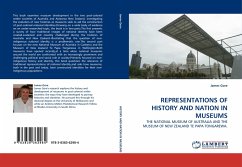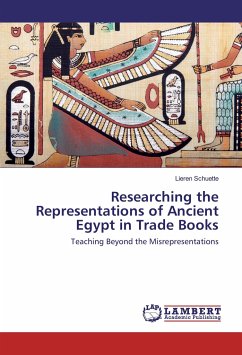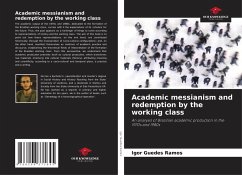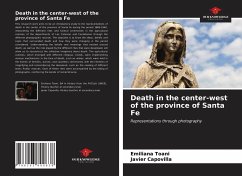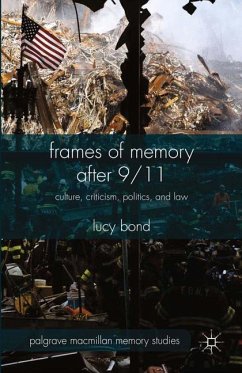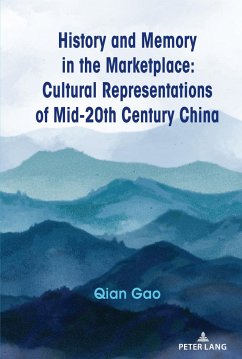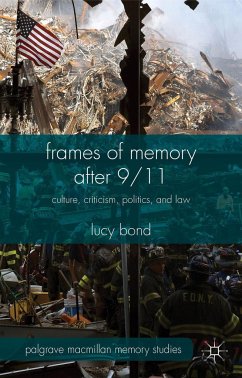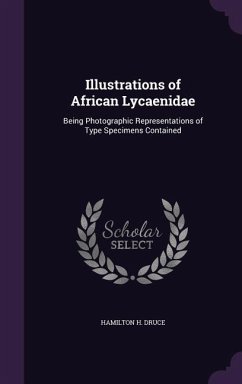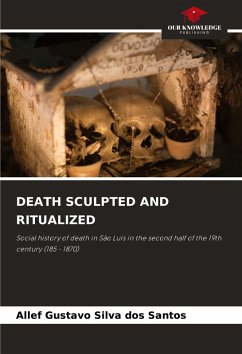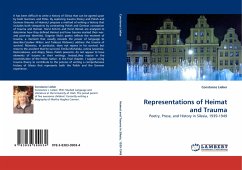
Representations of Heimat and Trauma
Poetry, Prose, and History in Silesia, 1939-1949
Versandkostenfrei!
Versandfertig in 6-10 Tagen
52,99 €
inkl. MwSt.

PAYBACK Punkte
26 °P sammeln!
It has been difficult to write a history of Silesia that can be agreed upon by both Germans and Poles. By exploring trauma theory and Polish and German theories of Heimat,I propose a method of writing a history that includes both viewpoints by contrasting Polish and German conception of trauma and Heimat. Horst Schirm and Horst Bienek are analyzed to determine how they defined Heimat and how trauma marked their war- and post-war identities. Dagmar Nick's poetry reflects the moment of trauma, a moment that usually exceeds the power of language to describe.Czeslaw Milosz and Tadeusz Ró ewicz ad...
It has been difficult to write a history of Silesia that can be agreed upon by both Germans and Poles. By exploring trauma theory and Polish and German theories of Heimat,I propose a method of writing a history that includes both viewpoints by contrasting Polish and German conception of trauma and Heimat. Horst Schirm and Horst Bienek are analyzed to determine how they defined Heimat and how trauma marked their war- and post-war identities. Dagmar Nick's poetry reflects the moment of trauma, a moment that usually exceeds the power of language to describe.Czeslaw Milosz and Tadeusz Ró ewicz address the trauma of survival. Ró ewicz, in particular, does not rejoice in his survival, but mourns the accident that he survived. Emilia Michalska, Janina Jaworska-Demczakowa, and Alojzy liwa, Polish peasants, do not appear to have elements of trauma in their writings. Instead,they rejoice in the reconstitution of the Polish nation. In the final chapter, I suggest using trauma theory to contribute to the process of writing a comprehensive history of Silesia that represents both the Polish and the German experience.



